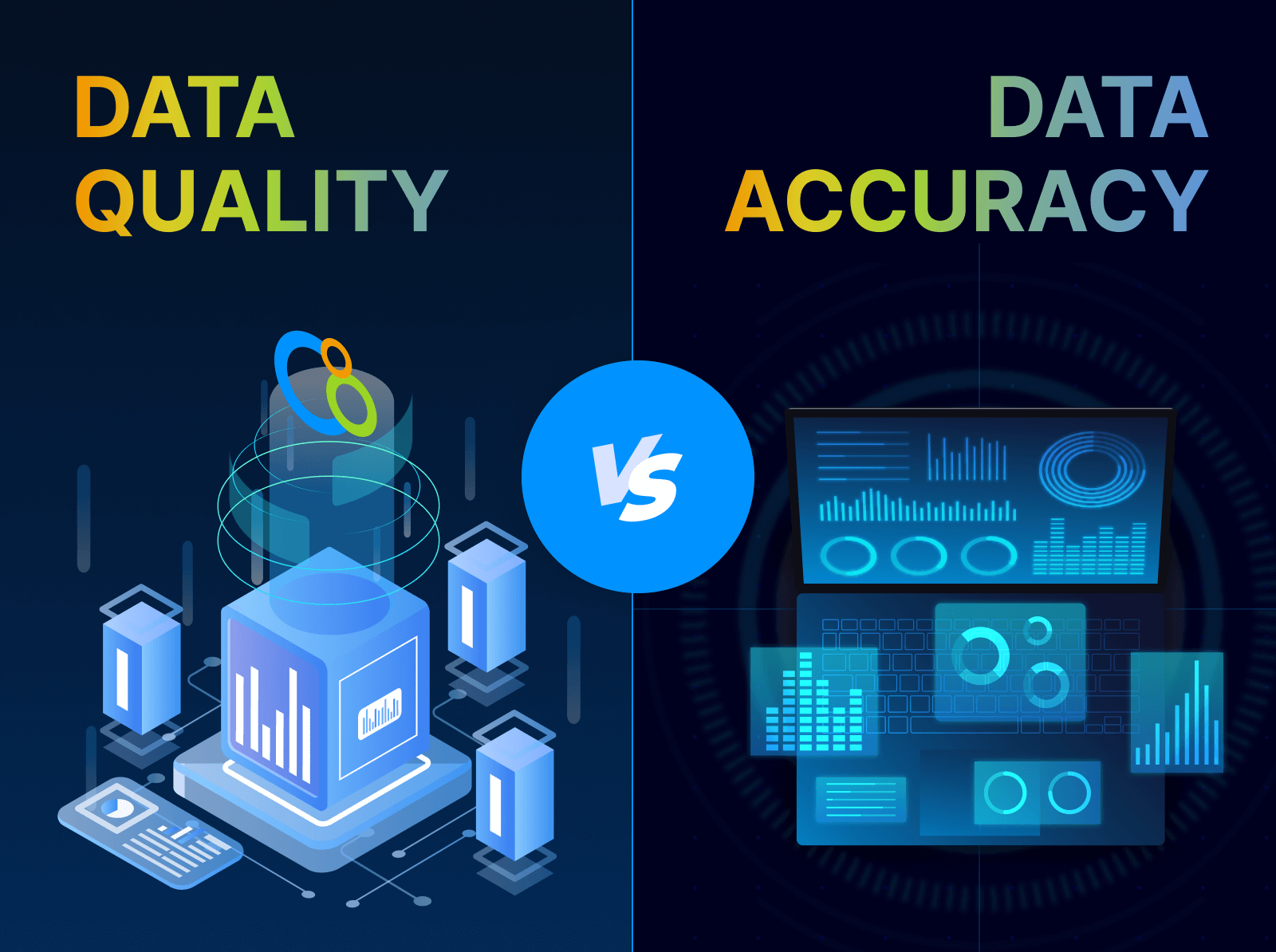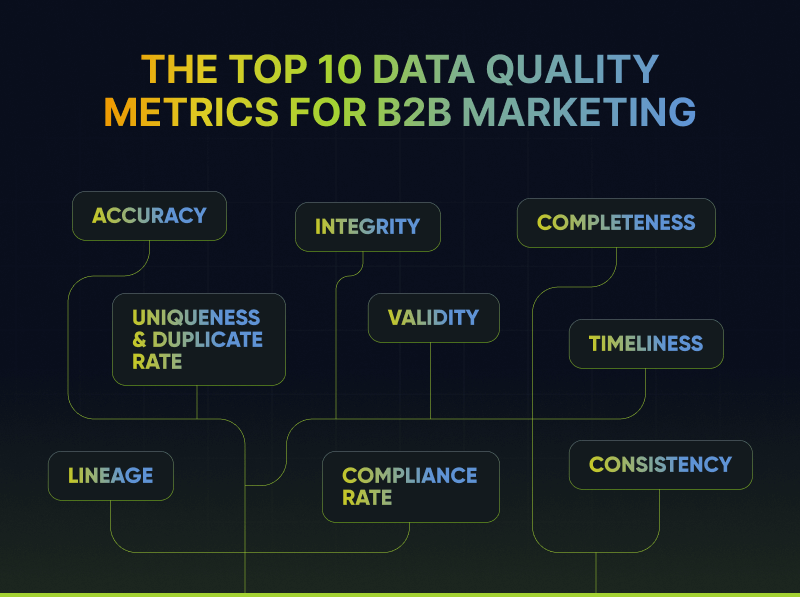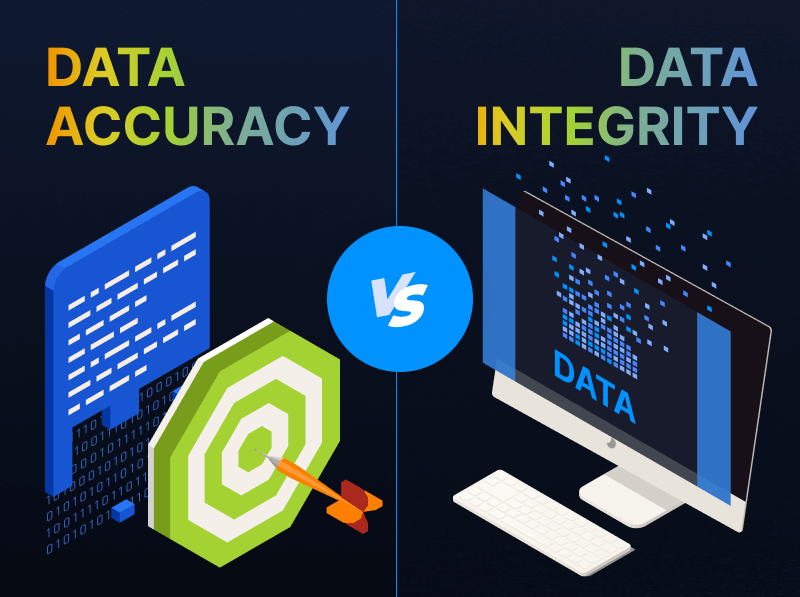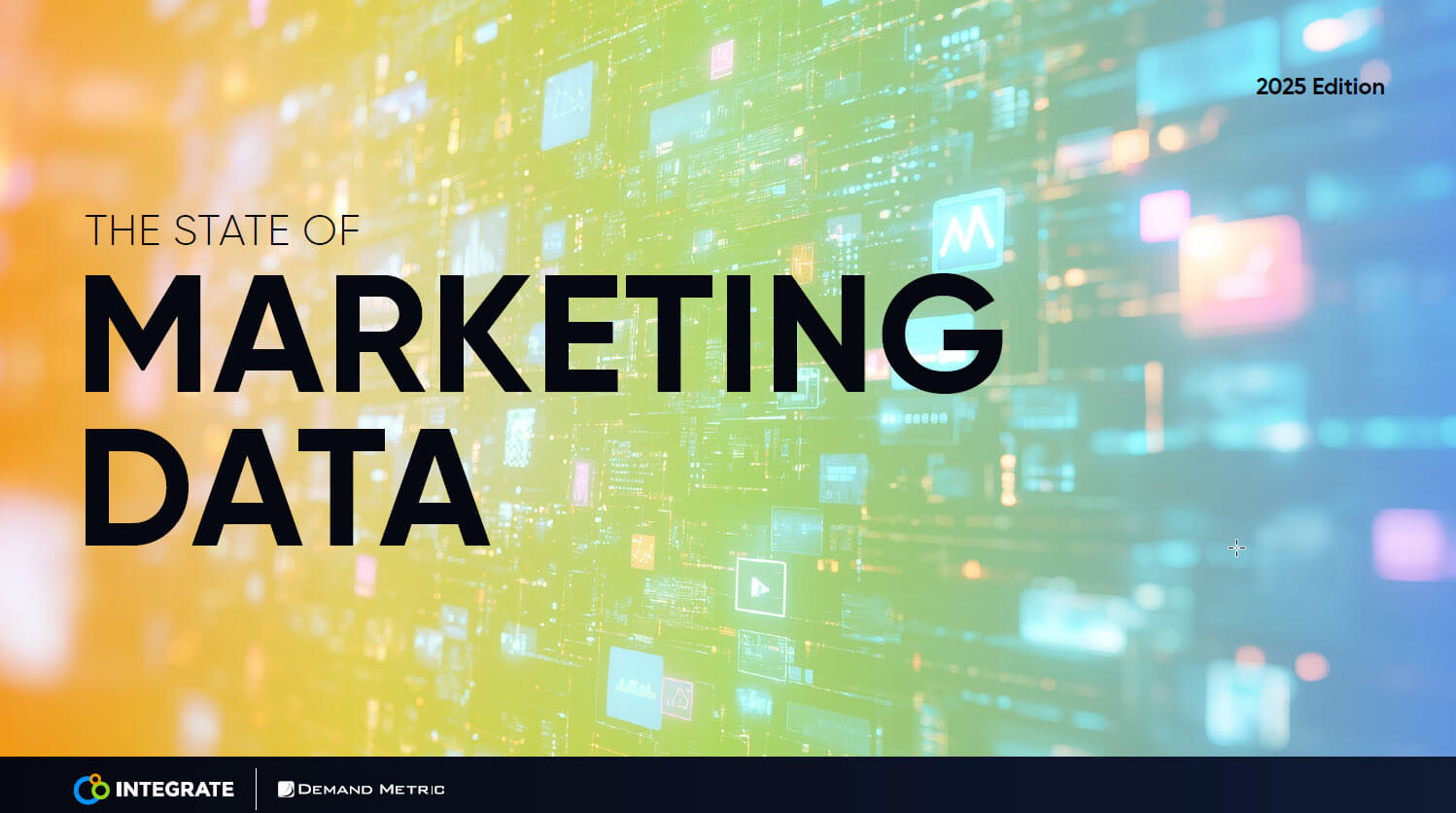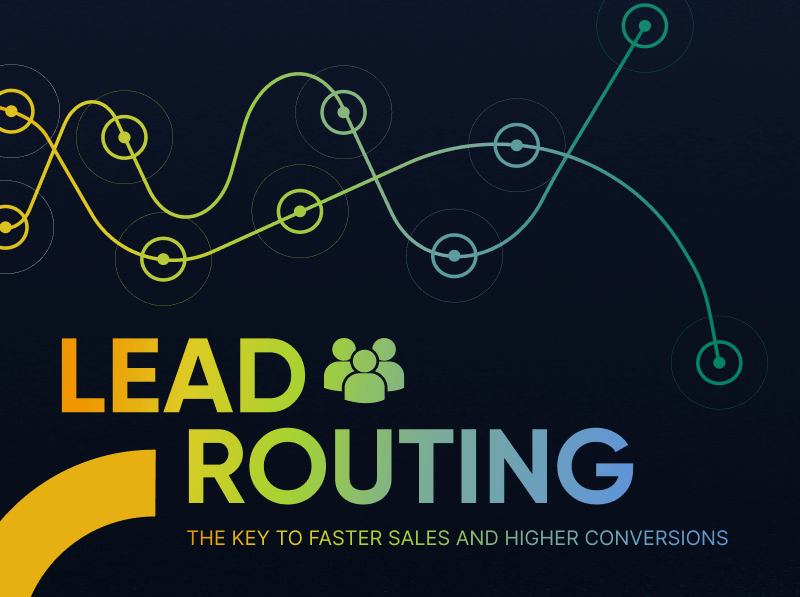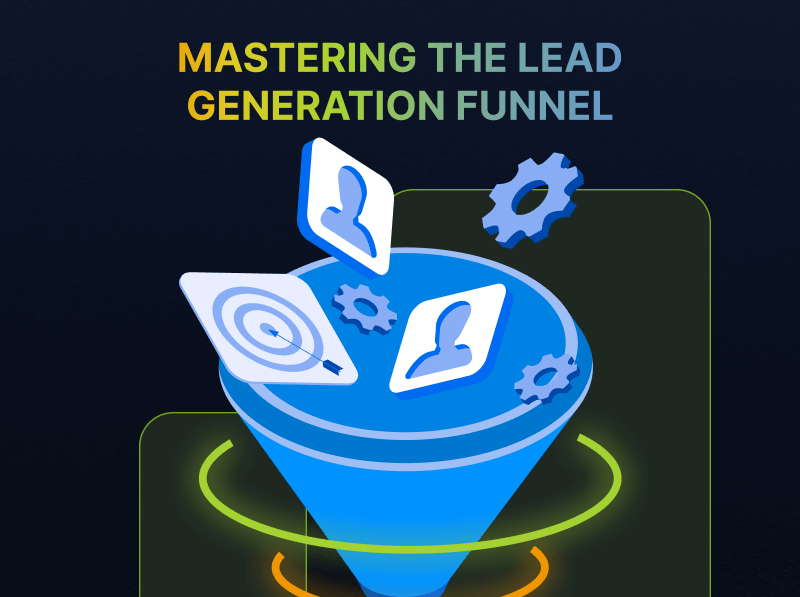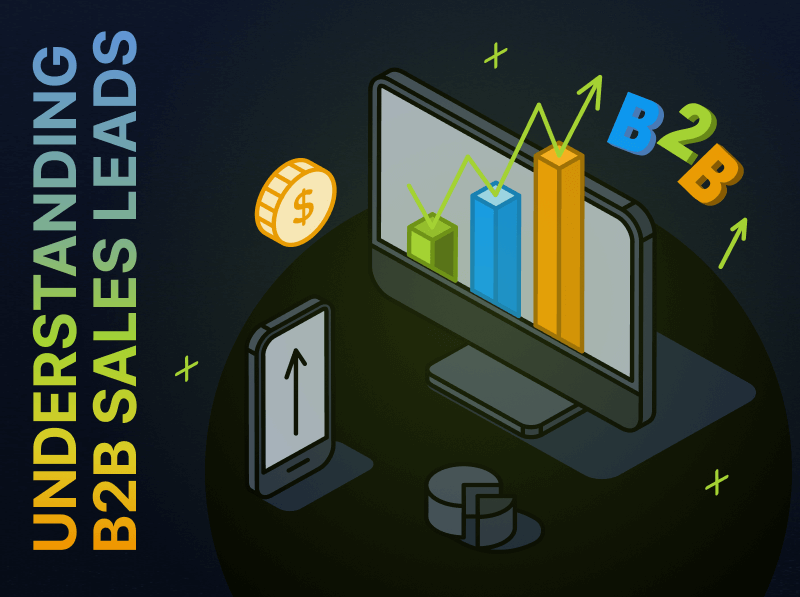4 Ways for Marketers to Orchestrate Personalized Cross-Channel B2B Buyer Journeys
As a revenue marketer, I’m hearing constantly that “It’s a brand-new world out there for B2B buyers.” We’ve seen that they’re increasingly reliant on digital channels to help them perform research and make purchase decisions on their own. When they do happen to make a connection with sales and marketing via digital transactions, they expect deeper, human connections. They also expect marketers to be empathetic to their roles, pain points and business goals. Moreover, they expect these things to happen at the right times and in the right places of their journey.
However, some B2B marketing and sales teams are struggling to evolve alongside the shifts in the B2B buying landscape. They aren’t keeping up with the way B2B buyers are making purchase decisions, and this is impacting their ability to connect, engage, and generate qualified leads. Marketers need to develop a buyer-centric approach, one that will help to boost buyer confidence and accelerate the conversions of leads to revenue.
After all, there is only one process that matters in B2B marketing, and that’s the buyer’s process. This means B2B marketing strategies must be connected, aligned, personalized and responsive to the buyer’s chosen purchasing paths. In turn, marketers can truly drive qualified conversions with buyers, at scale, and accelerate revenue predictably.
To break through crowded channels and convert prospects into buyers, B2B teams must deliver next-level personalization that speaks directly to the buyer’s expectations. Our team at Integrate recently partnered with Demand Gen Report to examine where marketers are falling short on their personalization efforts. I’d like to share steps B2B marketers can take to evolve towards a more personalized, cross-channel experience.
1. Break Down Silos in Data, Tech and Org Structures

Many B2B marketers struggle to tear down the well-developed walls that exist between their teams, technology and data, which results in a cascade of negative effects. These walls prevent clear and effective communication, and they hinder the gathering of useful cross-channel insights. Also, they often lead to disjointed and impersonal programs that generate rather disappointing conversion rates.
In Demand Gen Report’s 2022 Database Strategies & Contact Acquisition Benchmark Survey, 42% of respondents said their departments were not aligned and therefore unable to break down data silos.
B2B buyers have started to look toward B2C tactics in their purchase journeys, seeking highly personalized and meaningful interactions. With tolerance for poor digital experiences at an all-time low, marketers need to create seamless integrations across their organization, strategies, data and tech, to create the ideal omnichannel experience for the buyer.
2. Connect & Integrate Digital Marketing Strategies

One of the biggest obstacles for B2B marketing teams can be organizational silos. If teams are operating and executing under their own objectives, there’s no unifying factors to march towards. Misalignment can lead to underperformance on team goals, which in turn can lead to a lack of morale, teams that are simply burnt out, and even turnover.
Teams need to adopt a “big-picture focus” that encompasses all channels. Everyone should be singularly focused on the overall business goals, creating a unified, cohesive experience.
3. Fix Unreliable B2B Marketing Data

No B2B marketer can succeed without reliable data. And without high-quality, in-depth and current data, marketers cannot properly personalize their strategies and campaigns. They need to understand where each buyer is at in their journey, as well as their pain points and other needs. In-depth, account-level, buying-committee-level and buyer-level data is necessary.
When data is broken out of silos, marketing teams can start to leverage items like intent, behavioral insights and firmographic information develop a more clarified understanding of what buyers are actually interested in and what they want.
“Getting your data right is essential. First and foremost, if we do not address lead data accuracy and completeness upfront, we cannot deliver the personalized follow up and experience our prospects and customers expect.” – Luis Marini, Director, Digital MarTech Specialist, Marketing Technology & Enablement at Prudential Financial
A connected database makes way for marketers to establish a singular, connected view for their strategies. They’ll be able to shift channels, messaging and strategies to create relevant multichannel experiences for every buyer based on the needs of the rest of the buying committee and stage of the account.
Discover more in Demand Gen Report’s Database Strategies & Contact Acquisition Survey Report.
4. Reassess the Tech

Fragmented technology continues to plague most B2B organizations. Their existing tech stacks often prevent marketers from executing a personalized experience for their buyers. Tools that route leads through sales may leave missed opportunities for marketers to catch buyers on other channels. Tools for marketers can focus too heavily on persona- and account-level personalization, missing the chance to reach the individual buyer.
B2B teams should reevaluate their tech stacks, ensuring that systems are properly connected. They should focus on acquiring tech that features automatic data governance, that enables cross-channel targeting, activation and measurement, and encourages omnichannel connections throughout the buyer’s journey.
Better Personalization with Precision Demand Marketing
As B2B buyers shift toward hyper-personalized B2C experiences, they expect the same in B2B.
Buyer-based strategies are ramping up over the next year, so marketing strategies should evolve to accommodate.
This is a trend we are starting to see take shape among Integrate customers. Bruno Bertini, Vice President, Global Partner, Alliances & Ecosystem Growth Marketing at Genesys claims:
“In today’s competitive B2B world where your customer is always your prospect and the buyer’s journey gets more complex by the minute, the ability to provide a continuous and relevant experience across all channels is becoming the real differentiator to achieve engagement and growth that matters.”
Taking a Precision Demand Marketing approach that is buyer-driven, connected, and omnichannel empowers marketers to meet the challenges of this new world toward better personalization. This approach aligns around a buyer-driven model that allows revenue teams to develop a precise personalized approach that can be effectively scaled across their orgs to deliver predictable results with greater impact.
To learn more, I encourage you to check out the full report: B2B Teams Turn to Buyer Insights to Deliver Next Level Personalization



